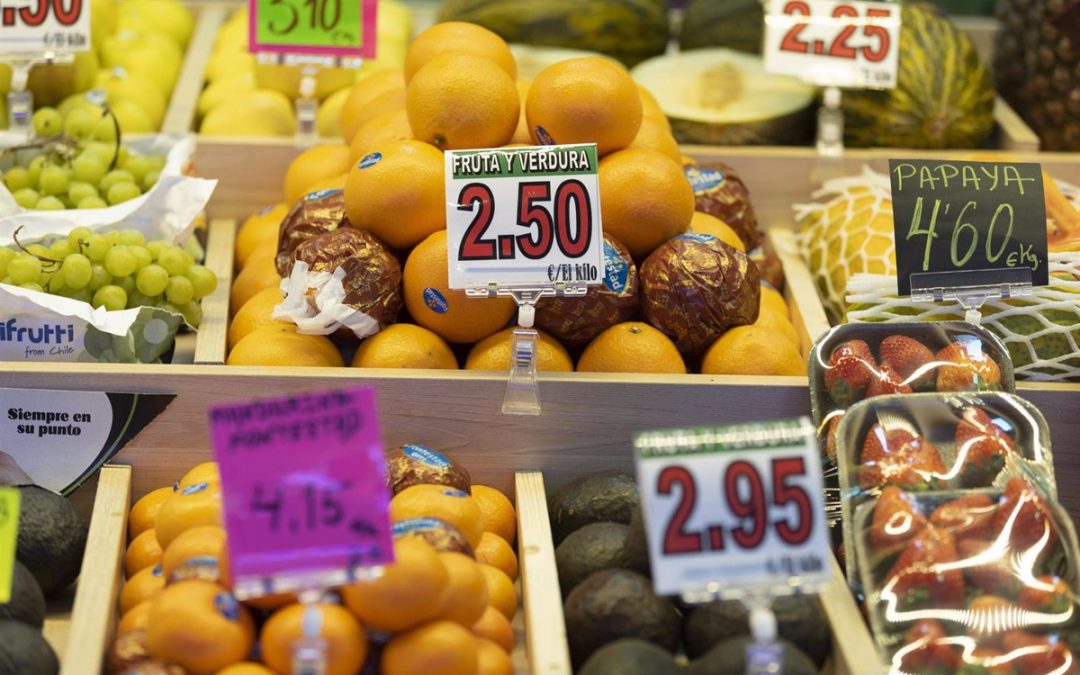The inflation rate in the euro zone stood at 2.6% year-on-year in July, one-tenth above the price increase observed in June, as confirmed by the community statistics office, Eurostat, while in the whole of the EU, the rate rebounded to 2.8%, two-tenths more than in June.
The acceleration of the price increase in the euro area reflects the 1.2% rise in energy costs, after rising 0.2% year-on-year in June, while fresh food rose 1% annually, three-tenths less than the previous month.
Likewise, non-industrial energy goods became 0.7% more expensive in July, in line with the June increase, while services rose by 4% annually, one-tenth less than the increase observed in June.
By discounting the impact of energy on prices, the inflation rate moderates in July to 2.7% from 2.8% the previous month, while excluding also the cost of food, as well as tobacco and alcohol, the underlying rate remained at 2.9% for the third consecutive month.
Among the Twenty-Seven, compared to June 2024, the annual inflation fell in nine Member States, remained stable in four and increased in fourteen.
The lowest annual inflation rates were registered in Finland (0.5%), Latvia (0.8%) and Denmark (1%), while the highest annual rates were recorded in Romania (5.8%), Belgium (5.4%) and Hungary (4.1%).
In the case of Spain, prices rose by 2.9% annually in July, seven-tenths less than in June, thus narrowing the unfavorable price differential with the eurozone to three-tenths.
 go to the original language article
go to the original language article
